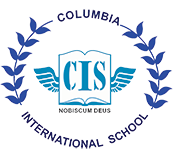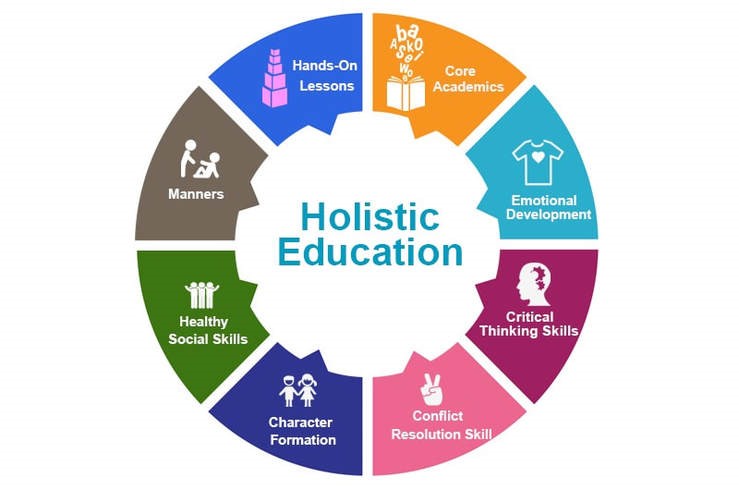Holistic Education
At CIS, holistic education is an approach that focuses on the emotional and social awareness of a child besides their academics. Our students are taught to reflect on their actions and how they impact the global and local community, as well as how to learn from the community around them. Here in Columbia International School, teachers often engage students in projects and tasks that apply critical-thinking skills toward solving real-world problems.

